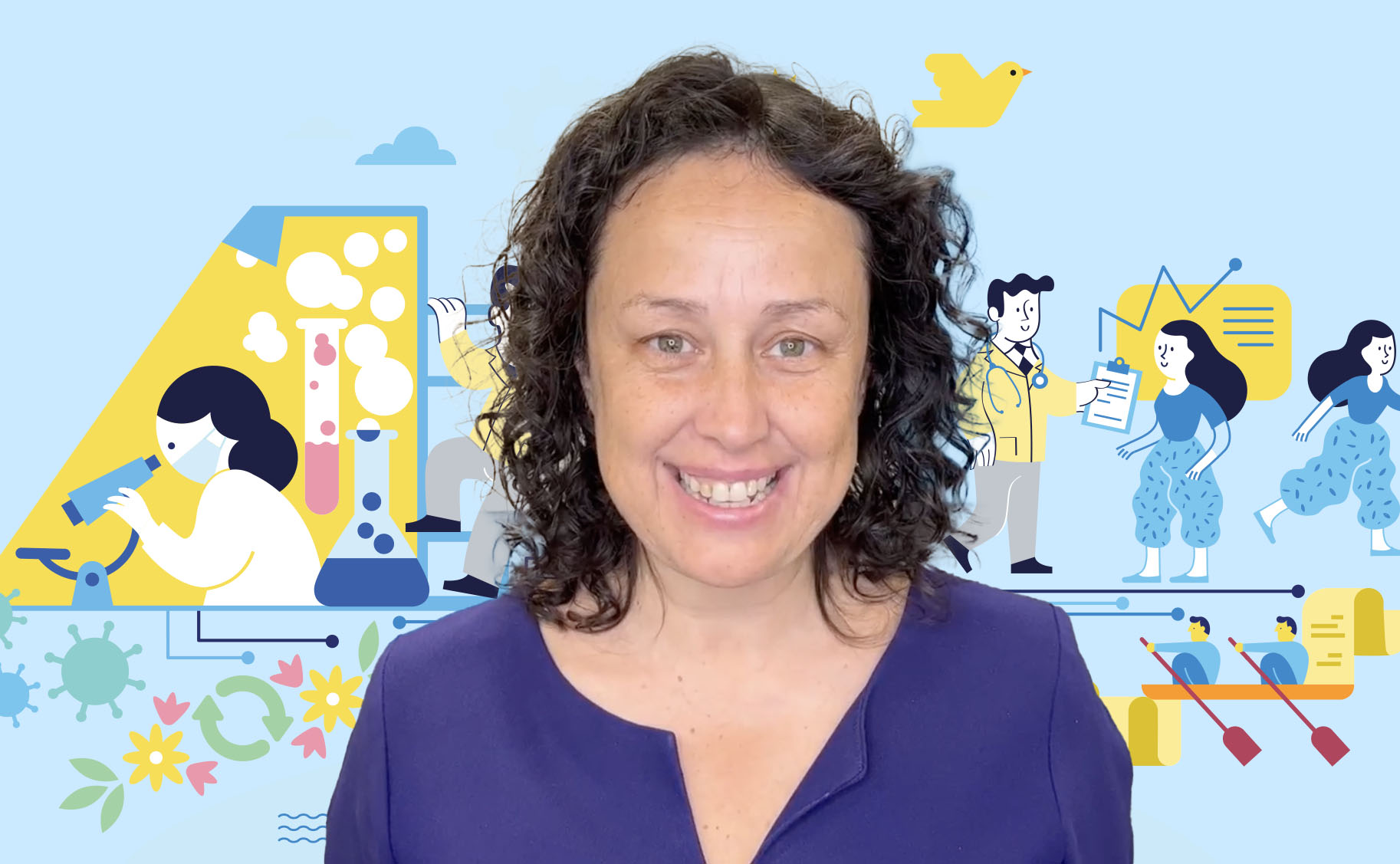Ana Luzuriaga: Targeting Rare Diseases
Pfizer Spain Communication Manager fights for better understanding, treatments, and policy support for rare diseases

It took two years to find out what was happening to Ana little girl, Carmen. Potocki-Lupski syndrome is a rare genetic disorder, predicted to appear in at least 1 in 20.000 humans, that can affect babies’ muscle tone and growth. Ana had few local resources to support her in Spain, her home country, and felt lonely and isolated. The experience inspired her to fight for change.
“In the world there are more than 7000 rare diseases, and 95% of them have no treatment.” To help other children like Carmen all around the world, Ana and other families founded the Asociación Síndrome Potocki-Lupski. It is aimed at improving the quality of life of diagnosed people, their environment, and creating connections and resources to support families.
“Rare and paediatric diseases are some of the most scientifically challenging clinical areas to tackle.”
The experience has also fostered a rewarding career at Pfizer. Ana works with rare diseases every day, striving to more broadly create the inclusion and knowledge that she needed so badly in her own life.
With this in mind, she now has a keen view on the framework regarding paediatric and rare diseases R&D in the EU. Existing protections and incentives remain essential for this work, as the long and costly drug development process is often not viable without them. That is why reducing them would have a negative impact on healthcare innovation – which must be considered in the revision of the EU General Pharmaceutical Legislation.
“People with rare diseases should count on the fast development of new medicines and new technologies like gene therapy.”
Some of the new proposed obligations included in the revision might harm Europe in the global race for innovative products and have a chilling effect on the pharmaceutical ecosystem. Instead, we should take this as an opportunity to revitalize European R&D for rare diseases like Carmen’s.
Ana will continue educating people, fighting for the policy support that can help develop treatments where none currently exist.